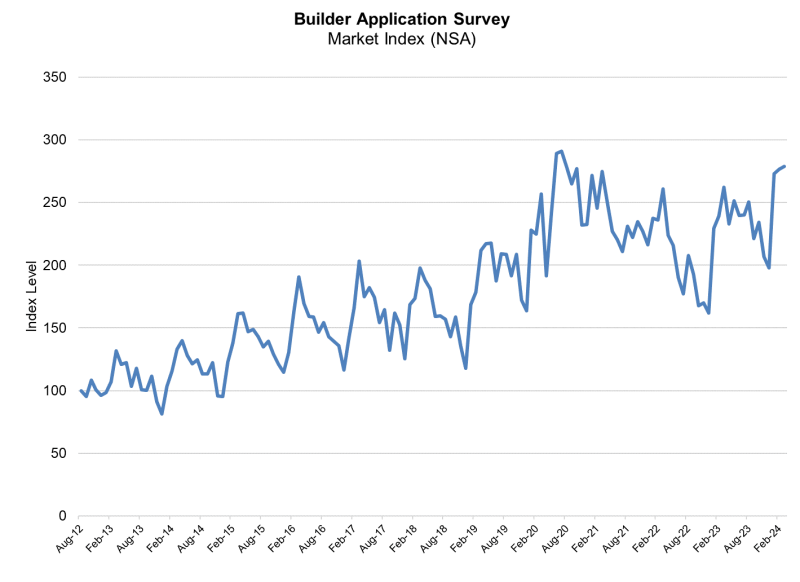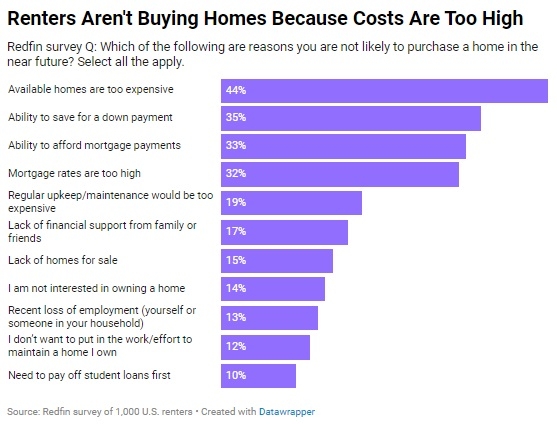Advertisement
FINRA Foundation Study Shows Lack of Savings Can Result in Mortgage Problems

The FINRA Investor Education Foundation has released a new study revealing that households without emergency savings are more likely to experience mortgage payment problems when faced with an income shock. Households without emergency savings, or rainy day funds, were three times more likely than households with emergency savings to make a late mortgage payment—and almost twice as likely to be involved in a foreclosure. These differences exist even after controlling for other factors that can impact mortgage payment behavior—like income, education and geographic region.
The new study, "Softening the Blow: Income Shocks, Mortgage Payments and Emergency Savings" is based on data from the 2009 National Financial Capability Study, an online survey of more than 28,000 respondents (approximately 500 per state, plus D.C.).
"Softening the Blow" found that minorities and households with dependent children are more vulnerable to income shocks. Among households that experienced an income shock:
►Minorities were 52 percent more likely to make late mortgage payments relative to non-minorities; and
►Dependents in the household increased the likelihood of late mortgage payments by 48 percent.
“The Great Recession and the housing downturn devastated the finances of families across the country,” said FINRA Foundation President Gerri Walsh. “Data collected during this period, when many family budgets were stretched past the breaking point, suggest that having a rainy day fund can make the difference between being able to stay in your house and making late mortgage payments and facing foreclosure. That’s an important lesson for all Americans, especially as the economy continues to recover.”
The FINRA Foundation’s new study shows the extent to which lower-income Americans were especially unable to withstand an income shock during the Great Recession. Among households experiencing an income shock, those with incomes below $50,000 were 43 percent more likely to make late mortgage payments relative to their more affluent counterparts.
About the author





